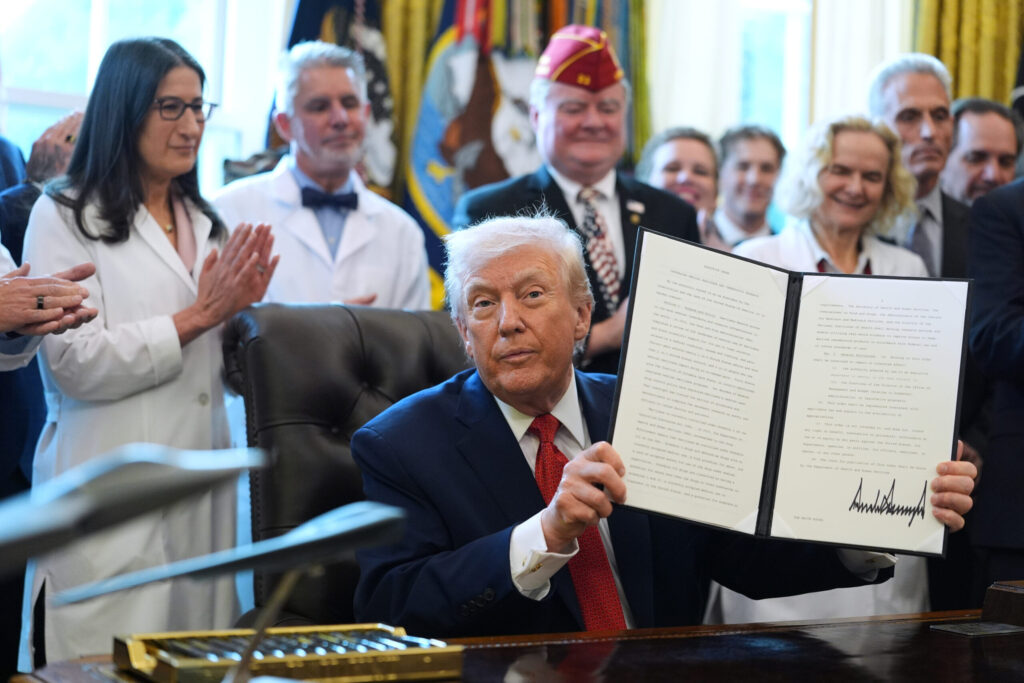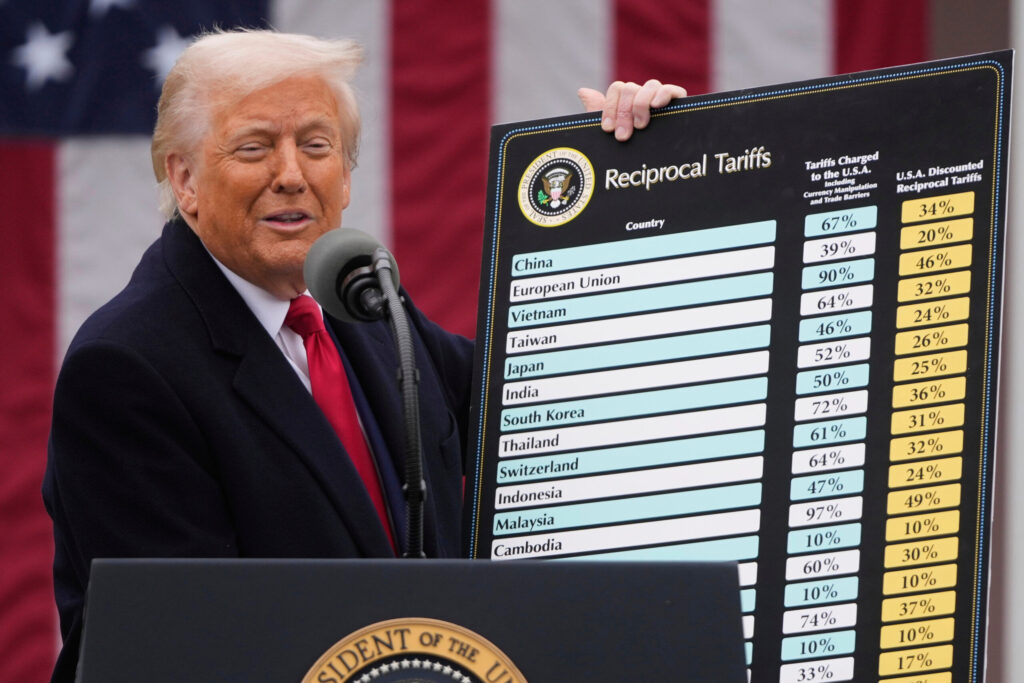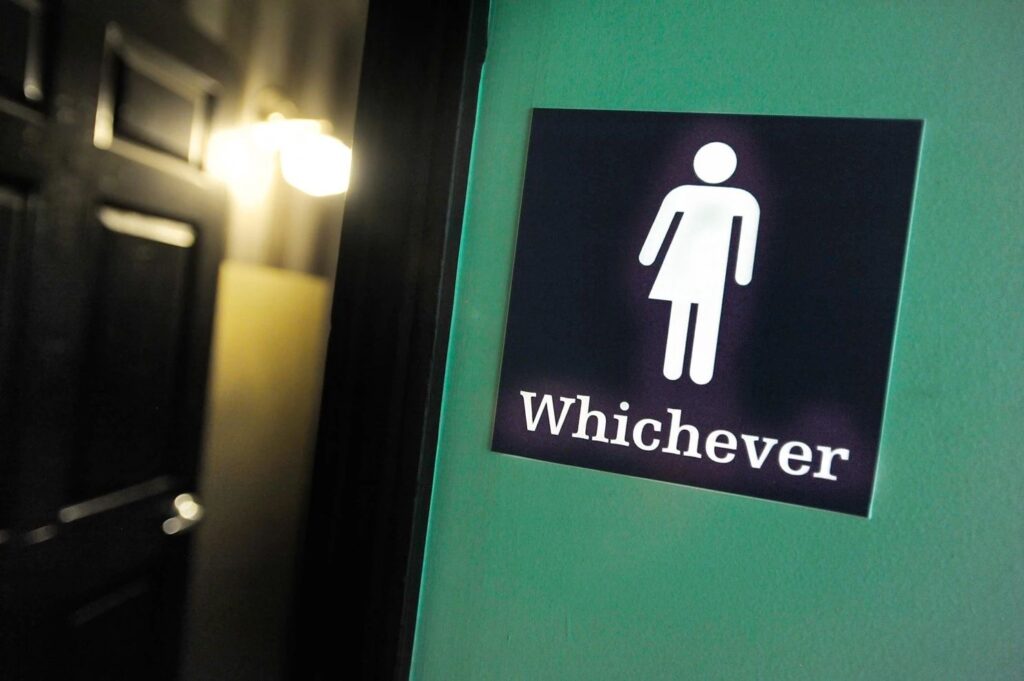House avoids government shutdown until March despite outrage over Johnson stopgap bill
The House passed its latest temporary spending measure, narrowly avoiding a scheduled government shutdown and punting its budget deadlines for fiscal 2024 for a third time.
Lawmakers voted 314-108 on the continuing resolution, extending the current spending deadlines set for Friday and Feb. 2 to March 1 and 8, respectively. The resolution now heads to President Joe Biden’s desk for his signature.
The new agreement gives lawmakers an additional six weeks to finalize their must-pass spending legislation and fund the government for the 2024 fiscal year. Senate and House leaders finalized an agreement earlier this month establishing a $1.66 trillion top-line number, which dictates how lawmakers can allocate money in the federal budget.
The CR passed through the House despite conservative opposition after 207 Democrats voted to support the measure, helping to overcome the two-thirds majority threshold needed to pass the resolution under suspension of the rules. Conservative lawmakers vehemently opposed the bipartisan deal, arguing the framework did not go far enough to cut government spending.
Two Democrats, Reps. Jake Auchincloss (D-MA) and Mike Quigley (D-IL) voted no on the stopgap measure, with Auchincloss stating that he voted against the measure because he is not “bailing Republicans out of their appropriations mess unless they commit to Ukraine.”
Conservatives also lamented the spending deal not including any policy riders to address the crisis at the southern border, with some lawmakers publicly calling for a government shutdown unless the Biden administration implemented stricter restrictions.
Members of the House Freedom Caucus even met with Speaker Mike Johnson (R-LA) just hours before lawmakers met to vote on the continuing resolution, pressing the Republican leader to make last-minute changes to the stopgap spending measure to include border policy reforms. However, Johnson rejected those requests.
Lawmakers will now move forward with a “robust appropriations process,” Johnson said last week, a process that has largely been stalled over the last several months.
The House has passed seven of the 12 appropriations bills so far, with five remaining to fund Agriculture; Financial Services; Commerce, Justice, and Science; Labor, Health and Human Services, and Education; and Transportation, Housing, and Urban Development.
Still, the House is further along in progress than the Senate, which has passed only three.
Once both chambers have individually advanced their spending bills, lawmakers will meet for negotiations to craft a finalized version. Those must then pass through the House and Senate before being sent to Biden for final approval.













